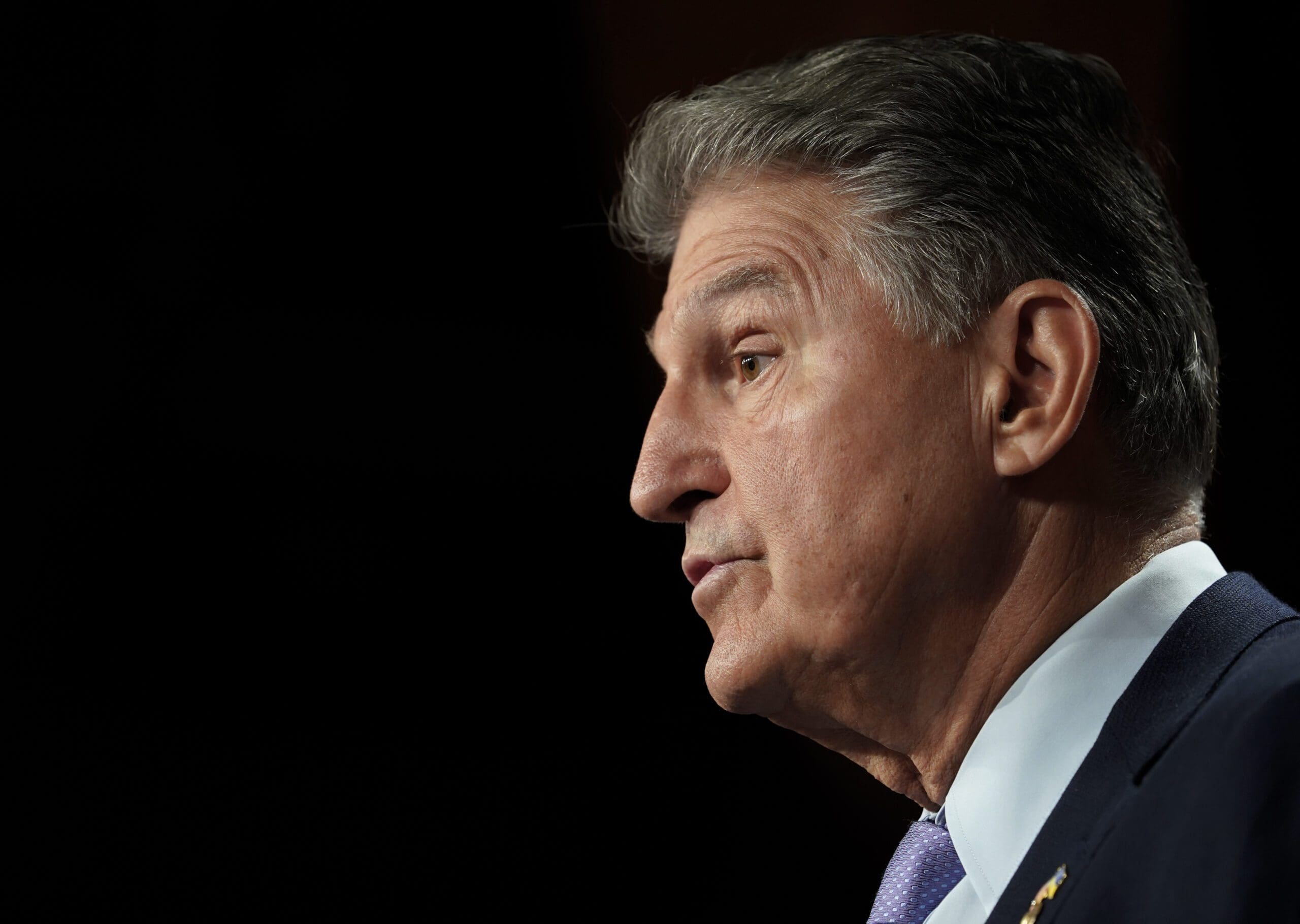
Senate moves forward to fund government despite snags over Manchin’s energy plan

Congress is poised to approve a short-term government funding patch next week that includes billions of dollars for Ukraine, likely thwarting a shutdown even as ongoing hiccups over permitting drag out negotiations.
It’s still unclear if the temporary funding fix will include language to speed up the approval of new energy projects. While the notion has bipartisan support, Republicans and Democrats are split on the details, and time is rapidly running out to reach a compromise.
The Senate is expected to move first on the stopgap spending bill. Majority Leader Chuck Schumer moved Thursday to advance the funding measure, setting up a test vote for early next week even though lawmakers are still racing to finalize the legislation itself.
That vote to advance the stopgap, likely to occur on Tuesday or Wednesday, would require 60 senators. The New York Democrat is determined to attach the energy permitting provisions to the funding patch, stemming from a deal with Democratic Sen. Joe Manchin that cemented the West Virginia centrist’s support for the party’s health care, tax and climate bill.
But if political sparring over permitting delays a Senate vote on the motion to proceed, the House could move first on a funding patch without the energy provisions, Speaker Nancy Pelosi said Thursday. Government funding is set to expire at midnight on Sept. 30. Lawmakers have said the stopgap would likely keep the government funded through Dec. 16.
Manchin unveiled his package to ease energy permitting on Wednesday. And in a boost, his GOP counterpart, Sen. Shelley Moore Capito of West Virginia, said Thursday that she supports Manchin’s plan. But Manchin needs more assistance from his Republican colleagues to get it across the finish line.
Most Republicans think Manchin’s bill doesn’t go far enough to ease permitting rules, and they’ve rallied around a separate GOP proposal introduced by Capito. Plus, Republicans aren’t willing to reward Manchin for cutting a deal with Schumer over the summer that allowed Democrats to pass their signature climate and health law without GOP votes.
Meanwhile, a growing chorus of Senate liberals and House progressives are calling to separate the temporary funding patch from the energy permitting provisions. Sen. Elizabeth Warren (D-Mass.) said Thursday that she wants a separate vote on the short-term funding bill, while Sen. Bernie Sanders (I-Vt.) has said he’ll vote against the stopgap if it includes permitting measures.
“I would use any tool that we can to make sure that this provision is not passed,” Sanders said of the permitting provisions earlier this week.
Sen. Tim Kaine (D-Va.) is also objecting to Manchin’s package because it would approve the Mountain Valley Pipeline in West Virginia, which stretches into his home state. Kaine lamented that he had no input on the proposal, even though more than 100 miles would run through Virginia.
“I’ve tried to be really candid … meeting with Sens. Manchin and Schumer to express, ‚OK, here are pieces I’m fine with, but this piece about Virginia, you didn’t talk to me and I have real concerns,’” Kaine said Thursday. “So exactly how they resolve all that, not clear.”
Republican Sen. Kevin Cramer of North Dakota predicted that the stopgap will have to move forward without the energy permitting provisions, citing pushback on the left and the right. Instead, they’d likely need to move forward on a „clean“ bill, he said.
“I just don’t see any enthusiasm for Joe’s package,“ Cramer said. „And if people like Tim Kaine are upset about it, I just don’t see how it pieces together within their coalition.”
The bill is expected to include billions of dollars in emergency funding for Ukraine. Schumer is pushing for $12 billion, although appropriators said the final amount is still being negotiated.
Lawmakers also reached a deal on Thursday to include a five-year reauthorization of the user fees that fund much of the FDA’s work.
Additionally, the bill could include billions of dollars to bolster the federal response to natural disasters, in addition to emergency cash to help Jackson, Miss., addressing a crisis that has left hundreds of thousands of people without clean drinking water for months. House appropriators are eyeing as much as $200 million in emergency additional cash for the city’s dilapidated water system.
Katherine Tully-McManus, Nancy Vu, Burgess Everett and Annie Snider contributed to this report.







